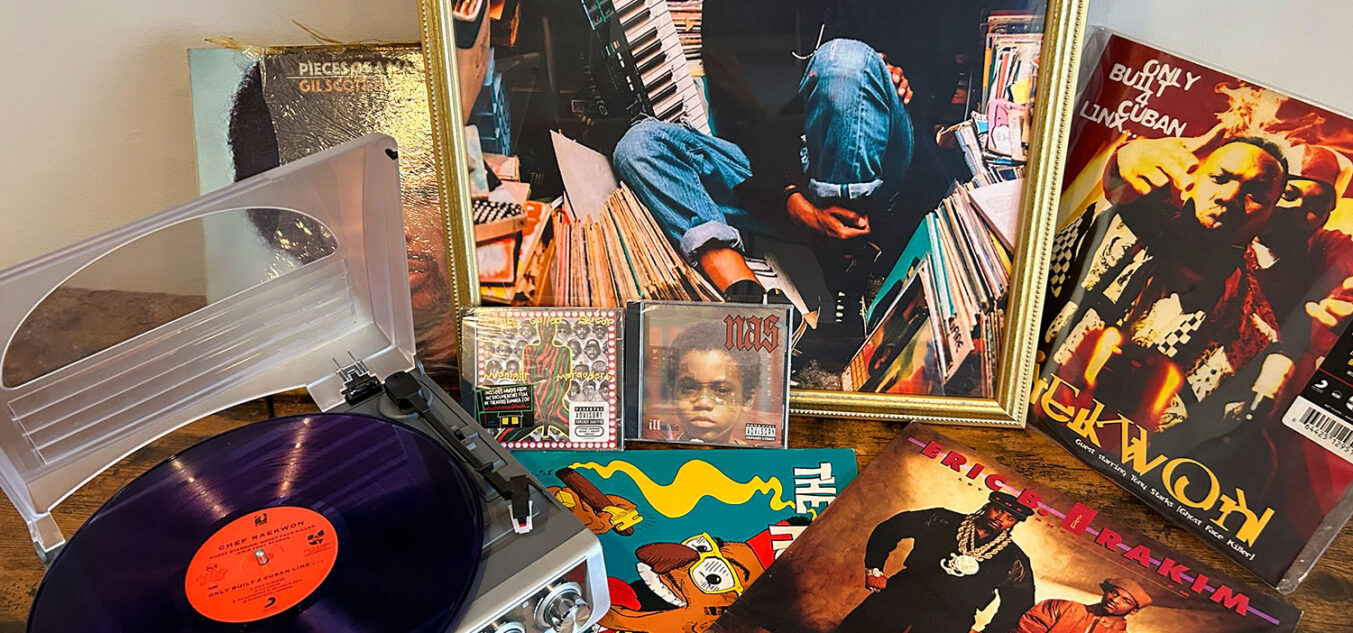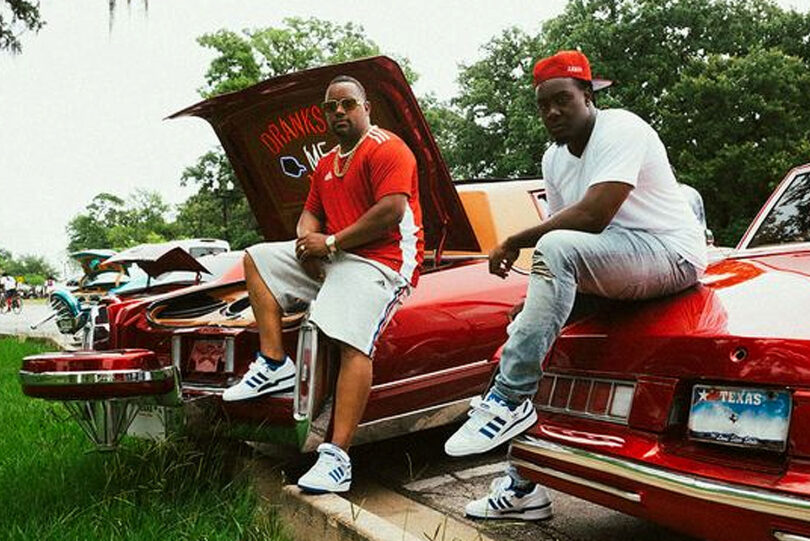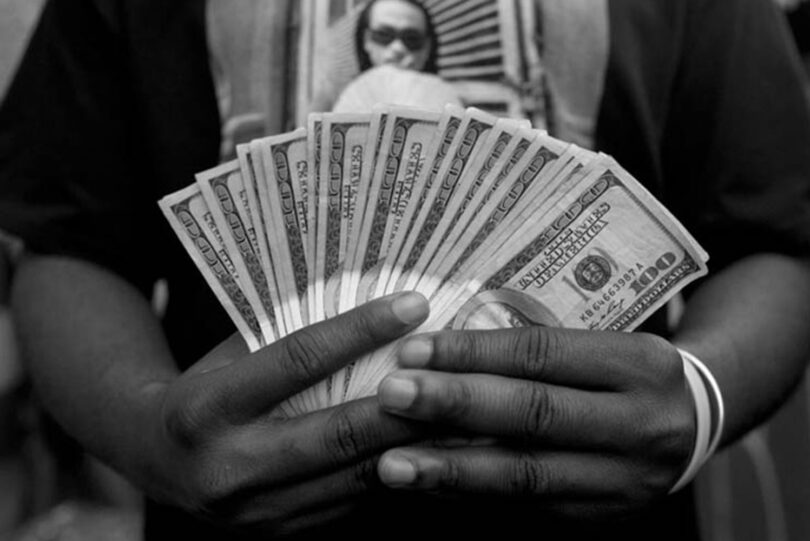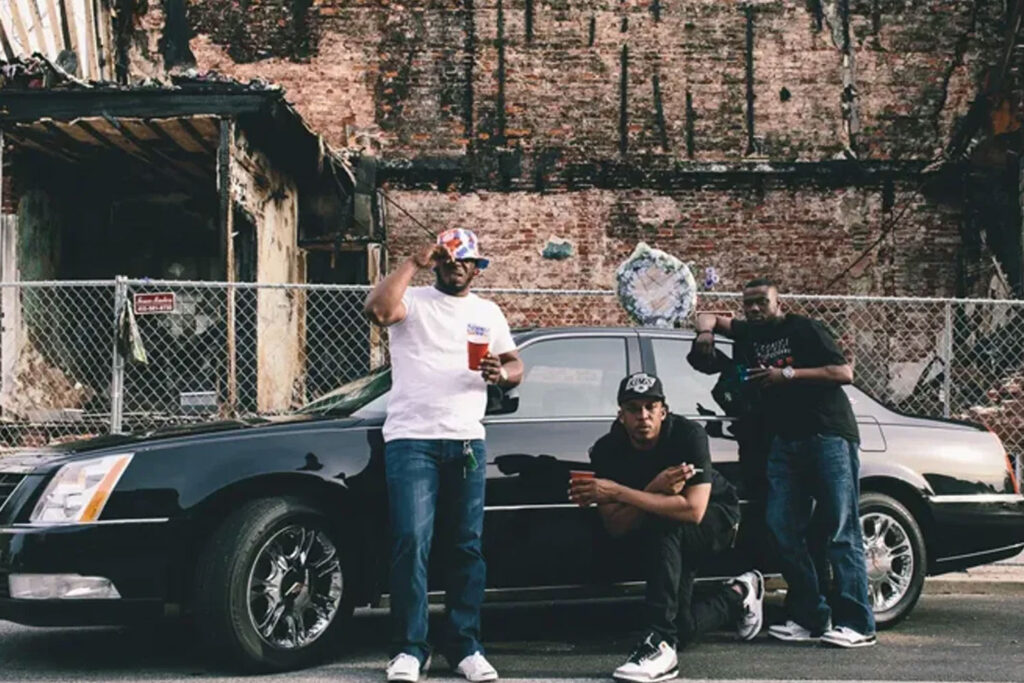Hip-hop is an influential music genre that has remained relevant and popular for over five decades. It has crossed geographical boundaries and become a universal language that unites people worldwide. Honesty, it’s open to debate about what would be the greatest decade in hip-hop history.
Each decade of hip-hop history has its unique style and flavor that contributed to the genre’s evolution. Despite the changing landscape of the music industry, hip-hop has maintained its relevance and popularity, captivating audiences with its powerful messages and dynamic beats. The genre has become so widespread that people from all walks of life have embraced it and even transcended geographical boundaries. From the streets of New York to the favelas of Brazil, hip-hop has become a universal language that unites people worldwide.
The 1990s are considered the golden era of hip hop, marked by artists such as Tupac, Notorious B.I.G, Wu-Tang Clan, Nas, and Jay-Z, who became cultural icons and used their music to address social and political issues affecting black communities. The 2000s saw artists such as Eminem, Lil Wayne, 50 Cent, and Kanye West pushing the genre’s boundaries by incorporating rock, R&B, and electronic music elements.
The 2010s saw the emergence of new hip-hop artists like Kendrick Lamar and Chance the Rapper, who focused on introspection and personal storytelling. SoundCloud rap also gained massive popularity during this decade, with artists like Lil Uzi Vert and XXXTentacion gaining huge followings through their online presence.
Despite the genre’s evolution, hip-hop remains a vital and influential force in the music industry, profoundly influencing culture and society. The episode will analyze the greatest decade in hip-hop history, which is open to debate, but all eras have contributed to the genre’s enduring appeal. View my episode below on The greatest decade in hip hop history and subscribe to my youtube channel at https://www.youtube.com/@RiddimAndPoetry





